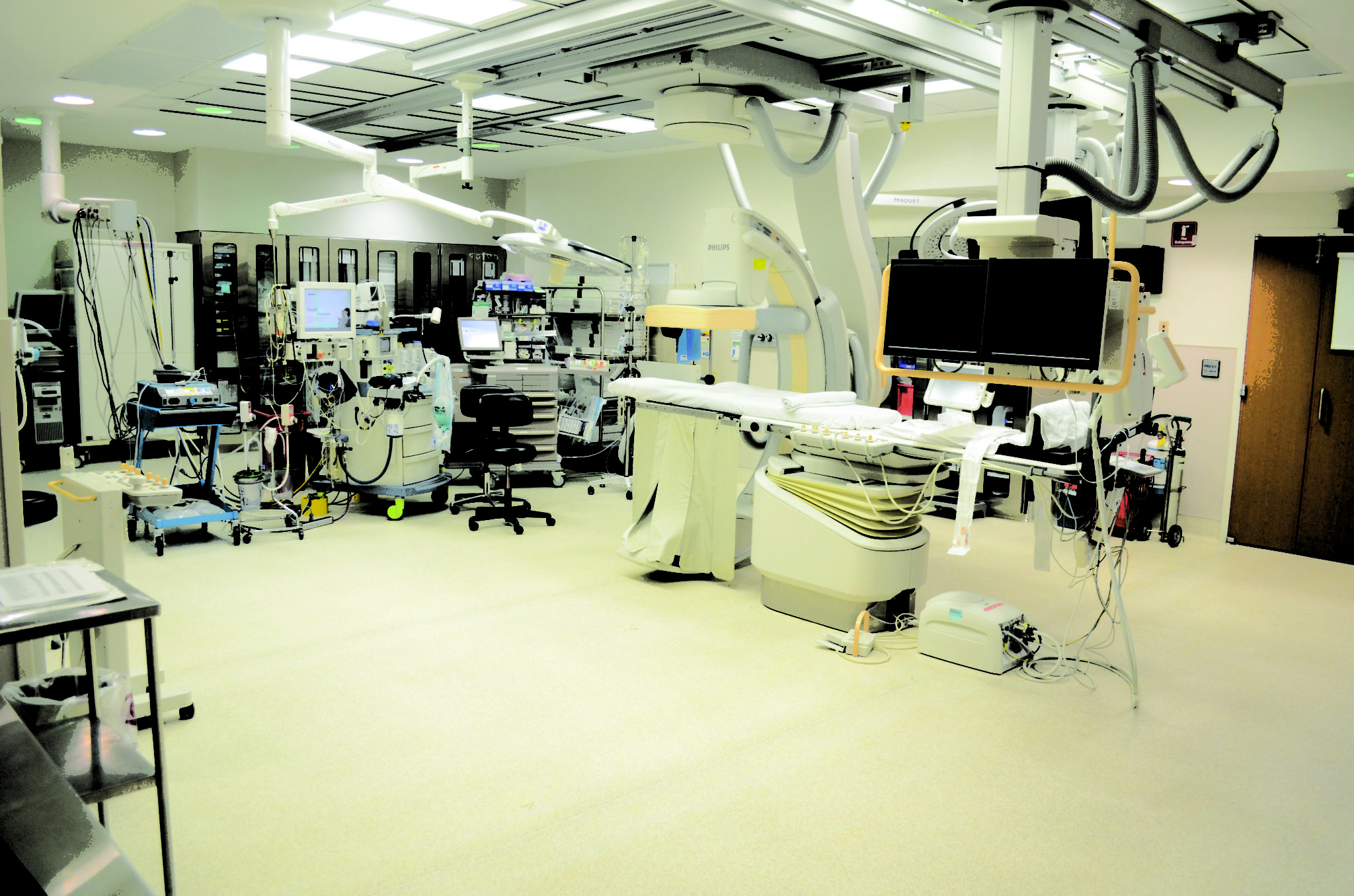
Editor's Note Patients with biliary symptoms can benefit from laparoscopic cholecystectomy even with a normal ejection fraction (greater than 35%), according to a study published November 30 in the American Journal of Surgery. Although previous data have shown the surgery to improve biliary symptoms (such as abdominal pain) in patients…

Takeaways From mobile phone apps to immersive virtual reality surgery experiences, digital tools make healthcare training more interactive, more engaging, and more fun for everyone from nurses to surgeons. Modern procedures—including minimally invasive techniques and robotic surgery—require 50 to 100 cases for a surgeon to reach a safe proficiency level…

Editor's Note Using early postoperative endoscopy to detect anastomotic leakage after minimally invasive esophagectomy does not increase postoperative adverse events, according to a study published February 10 in the journal Surgery. Anastomotic leakage is one of the most severe adverse events of minimally invasive esophagectomy for esophageal cancer. Often deadly,…

Editor's Note A recent double-blind, randomized controlled trial could not prove that minimally invasive sacroiliac joint fusion was any more effective than sham surgery in treating severe sacroiliac joint pain. “With these findings, there should be discussion in the medical community whether an irreversible surgical procedure with related risks and…

Editor's Note: Preoperative thyroid hormone replacement independently predicts operative morbidity and length of stay following major abdominal surgery, according to a January 23 report in the American Journal of Surgery. To determine the association between preoperative thyroid hormone replacement and complications following major abdominal surgery, researchers performed a retrospective case…

The concept of the hybrid OR was born in the 1990s, but healthcare institutions were originally slow to adopt the model due, in part, to the initial sizable investment required. While there was a steady uptick in adoption around 2008, today there are still only some 100 hybrid ORs in…
Editor's Note This recent study published in early 2023 by the Journal of the Society of Laparoscopic & Robotic Surgeons highlights that the total number of benign hysterectomies being performed in the US has decreased, with vaginal hysterectomies declining by 19% over 2 years. Only 12% of hysterectomies for benign…